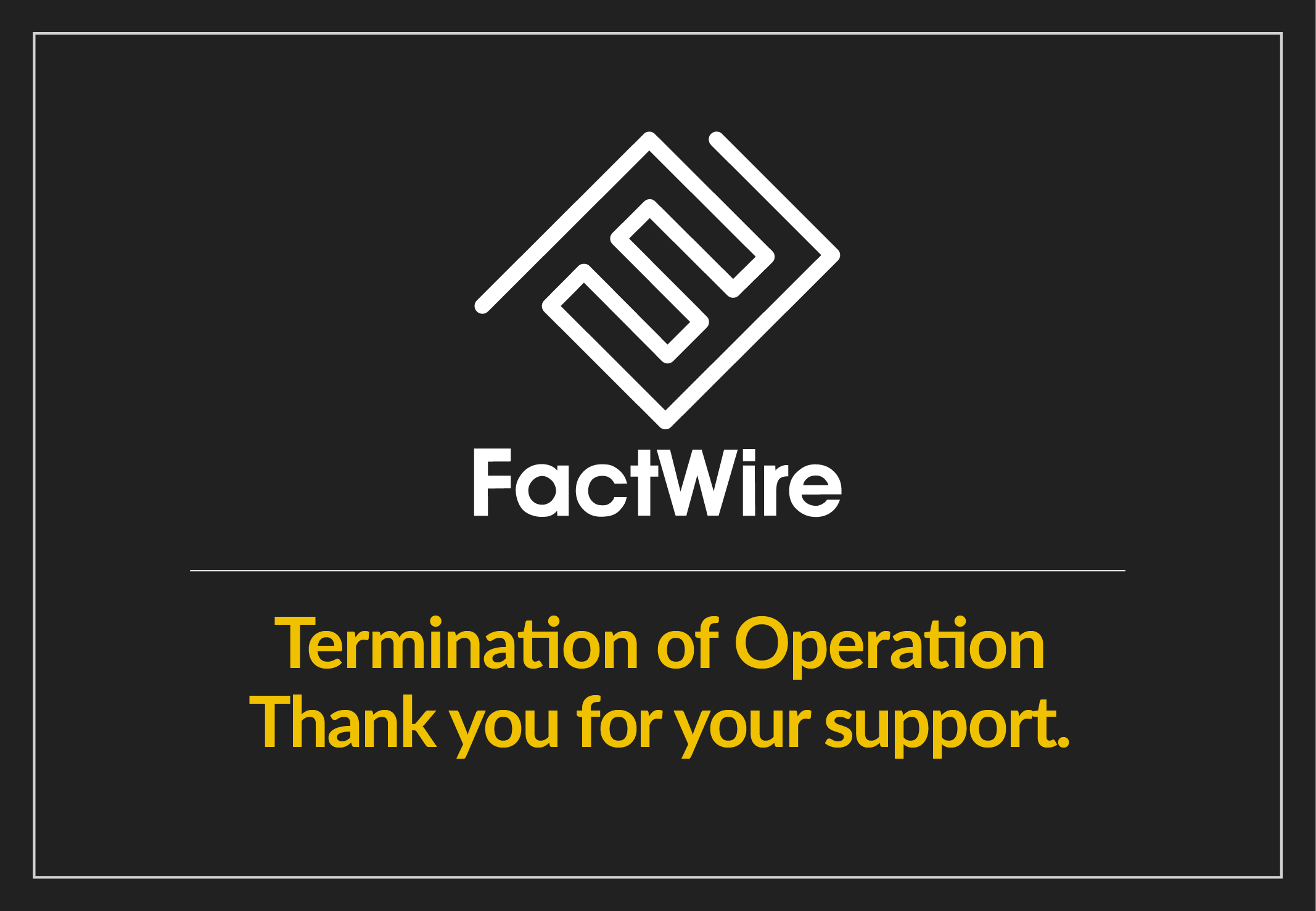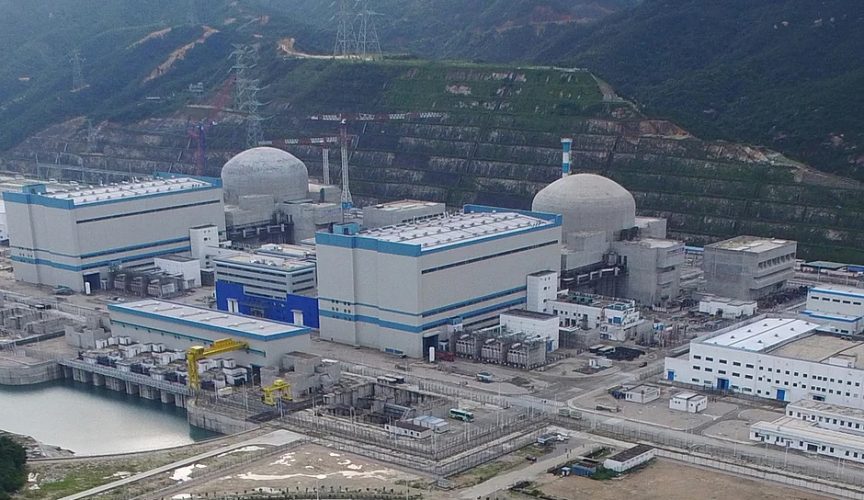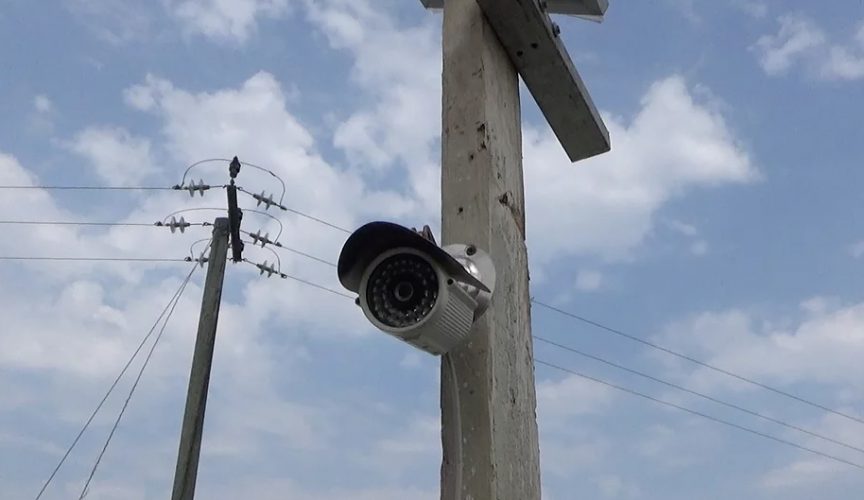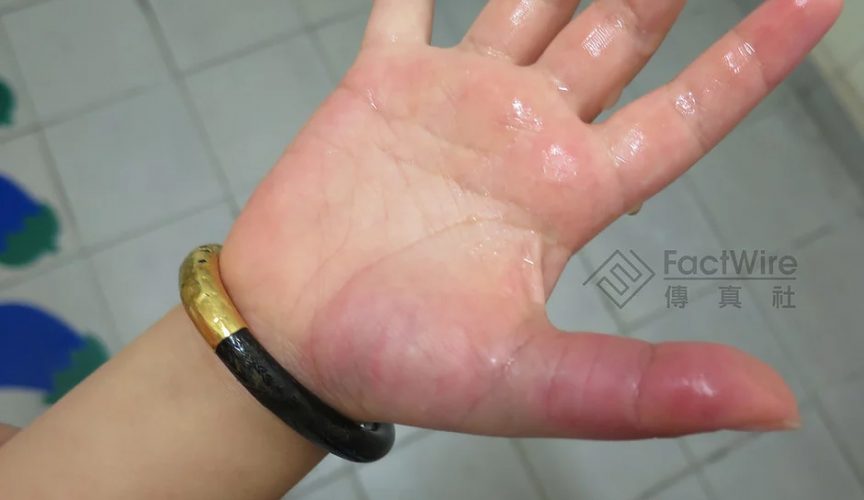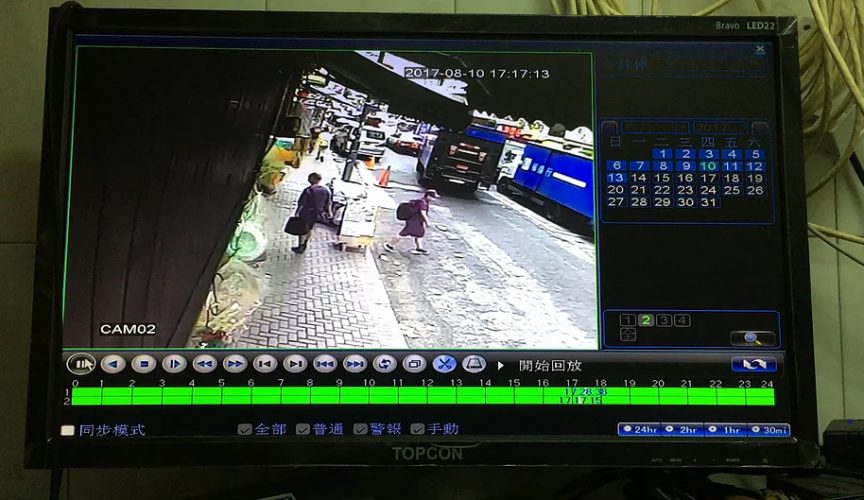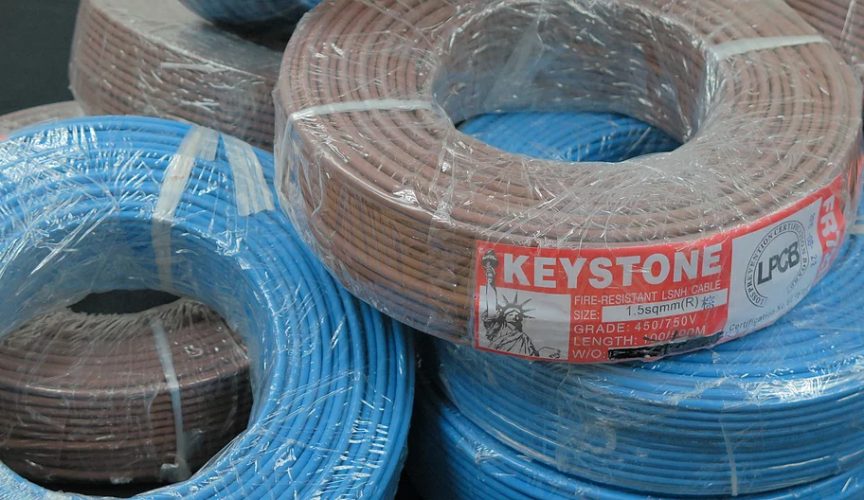Legislative Council president Andrew Leung sparked controversy running as a candidate amid doubts on his renunciation application
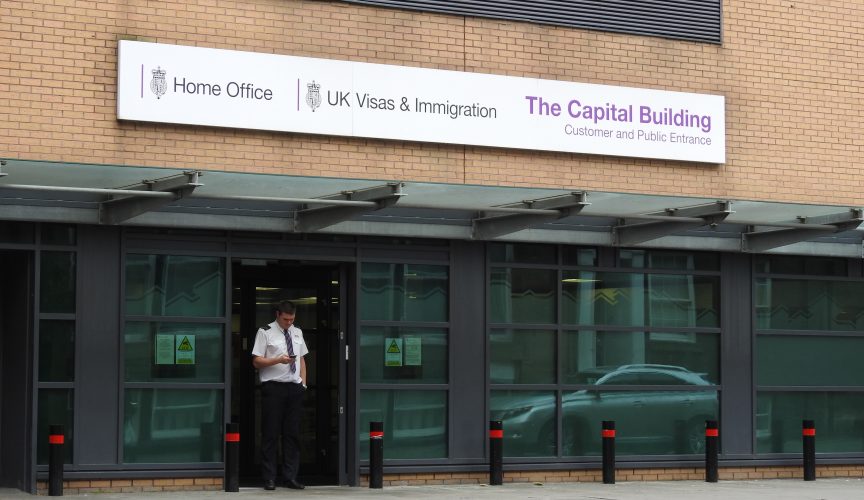
Legislative Council (Legco) president and industrial-sector lawmaker Andrew Leung Kwan-yuen sparked controversy running as a presidential candidate in Legco amid doubts on his renunciation application from the public.
In view of grave public interest involved, FactWire sent reporters to the UK for investigations in mid-October last year. Our reporters visited London and the UK Visas and Immigration (UKVI) in Liverpool, a department under the Home Office of the UK Government. At the same time, reporters who stayed in Hong Kong made requests for relevant information on the basis of the “Freedom of Information Act” (FOIA). It took a nine-month span before a full reply from the Home Office arrived this June.
Leung showed his ‘Declaration of Renunciation’ to media reporters on the day of election for the Legco President on October 12. It stated that Leung applied for renunciation on September 22, and bore a stamp of registration from the Home Office dated on September 30.
Eyebrows were raised on the authenticity of the declaration. The position of the stamp was different from that of other applications, and the official’s signature did not overlap with the stamp.
The swift completion of procedures also prompted questions on whether there were interferences by the Chinese government to expedite the process.
Reporters checked a UKVI document made available to public in October 2013, which shows that it took an average of 44.48 days that year to process renunciation applications, equivalent to around 1.5 months.
We then repeatedly made enquiries to the Home Office on whether Leung had given up his British nationality, whether his declaration is authentic, the average processing time for renunciation applications, the reasons why Leung could complete it within a week and whether the Chinese government was involved. The press office of the ministerial department replied that they ‘do not routinely comment on individual cases’.
Reporters then visited the HM Passport Office in London to dig deeper into the case in October. However, there were no enquiry counters that provide consultation services on renunciation applications, apart from a telephone hotline. Reporters then referred to an address on Leung’s documents, which directed them to the UK Visas and Immigration located in Liverpool. The UKVI distributed various passports and nationality application service points all around the UK, and the Liverpool office is in charge of dealing with renunciation applications.
Our reporters then contacted some UKVI staff in the Liverpool office. One of the staff, who wished to remain anonymous, told FactWire that it normally takes two months to handle renunciation applications, and it is almost “impossible” to complete one within a week.
FactWire’s editorial principle is ‘to confirm facts from at least two sources unless in possession of concrete evidence’. Although the staff’s statement seems to imply Leung’s declaration procedures were ‘unusual’, it may lead to speculation if we publish merely a single source. We therefore decided to continue our investigation in other directions.
Our reporters then contacted another staff member, Mrs. CS Hughes, in person. Hughes signed a document dated on October 11 that was directed to Leung from the Home Office, confirming his renunciation of British citizenship on September 30. Upon face-to-face contact, our reporters introduced themselves and showed her the relevant documents. While initially admitting that the signature belongs to her, Hughes then denied working at the Home Office when reporters asked about the reasons why Leung could complete the procedures within a week. Hughes then refused to answer more questions and drove away.
At the same time, we quoted the FOIA to request the Home Office for details of the official template, such as the stamp sample and proper position of the officer’s signature on a declaration, as well as the processing time for renunciation applications and statistics.
The UKVI issued a reply in early November, stating that where a declaration “is stamped and signed by a Home Office Official, the endorsement can be made in any available space and there is no specified format”.
On top of that, renunciation applications “should be given priority consideration at all stages” and that “when renunciation is required by a specified date, the case will normally be processed in advance of that date. If the application is made in the correct manner and all relevant documents/evidence provided, a case can be processed within 48 hours of receipt”.
FactWire then made enquiries to the Legco Secretariat, which stated in a reply that they did not contact or provide any documents to any overseas government organizations on behalf of Leung regarding his participation in the Legco presidential election.
Since the Home Office did not provide a stamp sample and relevant statistics, FactWire again quoted the FOIA seeking relevant information, receiving another response in mid-December which stated that they could not provide an answer that is according to legal requirements. After extending the processing time on our requests, the UKVI provided a complete response in June this year.
Upon comparison, the format and font of the stamp on Leung’s application resembles that of the official stamp. According to the official definition, it took eight days in total for Leung to complete his application. Statistics from the UKVI (note: all figures are rounded to the nearest five) show that among 485 applications on renouncing one’s British nationality in 2016, only five cases were completed within seven days. 175 cases were completed between eight to 30 days, which takes around 35 per cent of the total number of cases. 40 per cent took 31 to 60 days until completion, and the remaining 20 per cent took over 60 days.
In 2015, only one or two cases were completed within two days. No cases were completed between three to seven days, while 50 cases were completed between eight to 30 days, taking up around eight per cent of the total number of cases.
From sending reporters to the UK to quoting relevant laws to obtain information from the UK Government, FactWire persisted in uncovering the truth in a strict and rigorous manner. We pondered over reporting our findings in the UK first. However, since there was inadequate evidence to prove the authenticity of Leung’s declaration and whether his application involved special treatment, it may lead to speculation and a damaging effect to the legitimacy of Legco. An answer obtained from an investigation spanning nine months may not be jaw-dropping, but it epitomizes FactWire’s principle to make accurate reports in the most meticulous manner.

